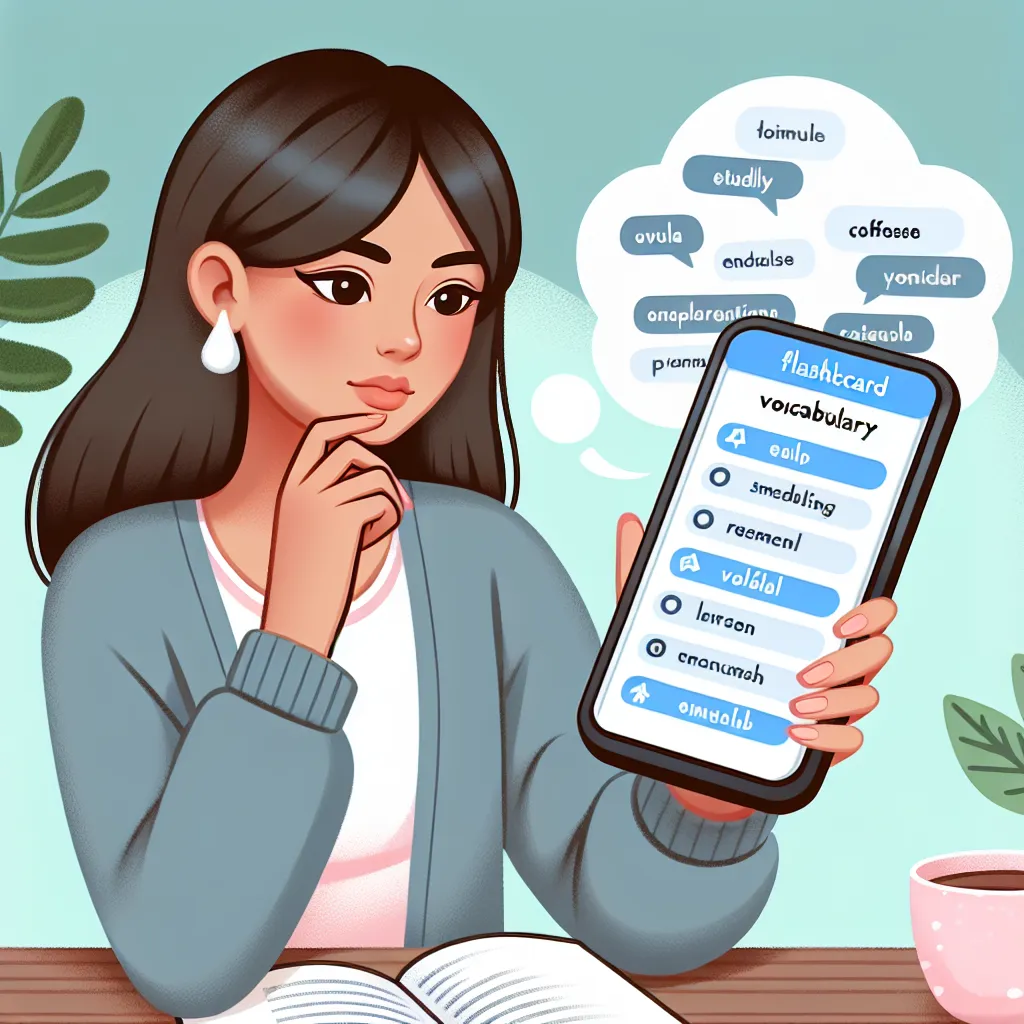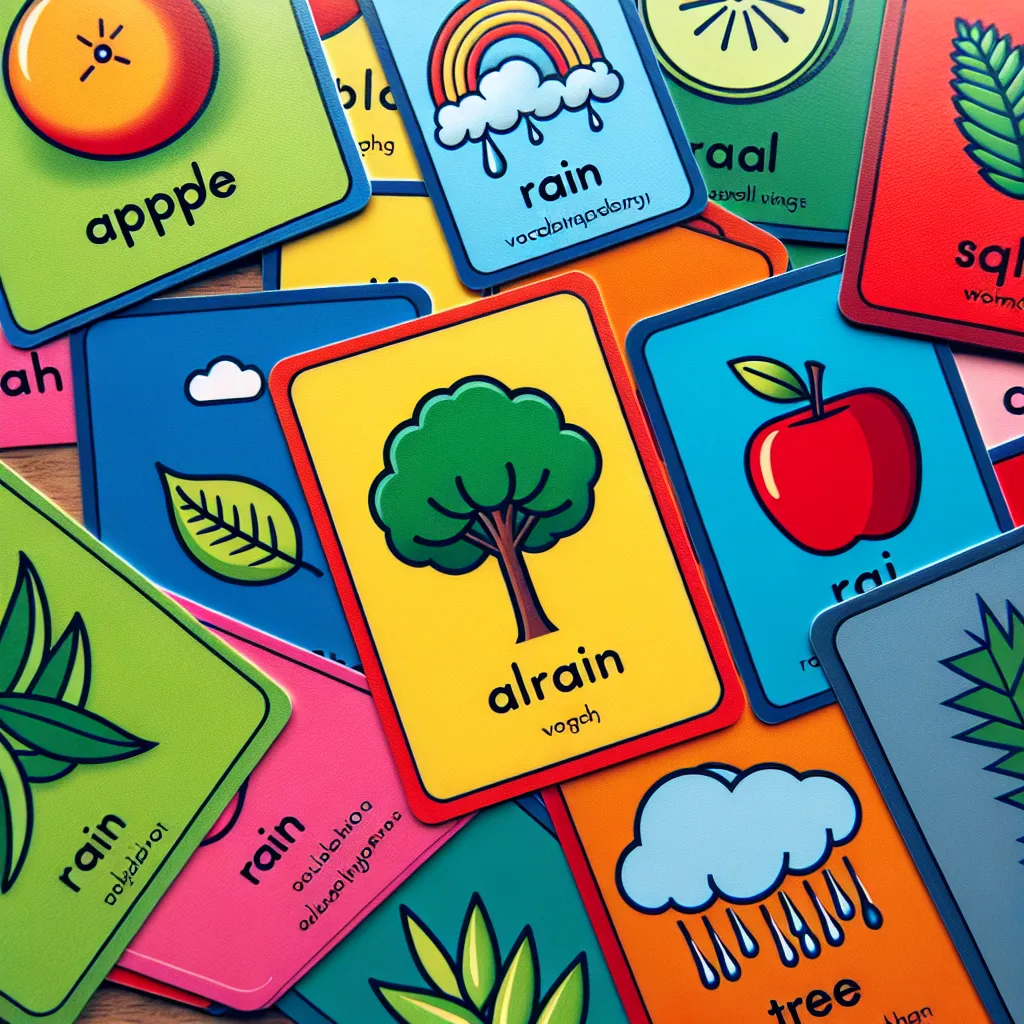Learning English can be a fulfilling journey that opens up countless opportunities in your career, education, and personal life. Whether you’re a beginner or looking to polish your skills for advanced proficiency, understanding effective strategies to learn English faster can save you time and effort. This article explores key tips, methods, and resources that cater to different learning needs and objectives.
Introduction to the Key Concept
Learning a new language can often seem daunting. However, with the right strategies and consistent practice, you can achieve significant progress in a relatively short amount of time. This article focuses on Tips To Learn English Faster, a highly sought-after skill that can enhance your global communication.
Why Learning English Fast is Important
Knowing English is crucial for various reasons:
- Career Advancement: Proficiency in English can greatly enhance your job prospects, as many multinational companies require English-speaking employees.
- Educational Opportunities: Many top universities worldwide use English as a medium of instruction.
- Travel and Communication: English is one of the most commonly spoken languages globally, making travel and communication easier.
Effective Tips to Learn English Faster
1. Immerse Yourself in English
Immersion is one of the most effective ways to learn a new language. Surrounding yourself with English in your daily activities can accelerate your learning.
Examples:
- Watch English Movies and TV Shows: Select genres that you enjoy to make learning fun.
- Listen to English Music and Podcasts: Find music and podcasts related to your interests, whether it’s pop music or educational content.
2. Practice Speaking Regularly
Active use of the language boosts your fluency and confidence.
Examples:
- Language Exchange Partners: Websites like Tandem and HelloTalk connect you with native speakers.
- Join English Clubs: Many communities offer English conversation clubs.
3. Use Flashcards for Vocabulary
Flashcards can help with memorizing new words faster.
Examples:
- Anki: Anki is an app that uses spaced repetition to help you remember vocabulary.
- Quizlet: Another popular flashcard app that provides various learning modes.
 Flashcard Learning
Flashcard Learning
4. Read Regularly
Reading improves your comprehension and helps you learn new vocabulary in context.
Examples:
- Start with Simple Books: Children’s books or graded readers are great for beginners.
- Read News Articles in English: Websites like BBC Learning English provide news articles that are tailored to learners.
5. Write Every Day
Writing helps consolidate what you’ve learned and improves your grammar and structure.
Examples:
- Keep a Journal: Write about your daily experiences in English.
- Online Writing Platforms: Websites like Lang-8 allow you to write and get corrections from native speakers.
6. Take English Classes
Both online and offline classes can provide structured learning.
Examples:
- Online Platforms: Websites like Coursera and Udemy offer English courses ranging from beginner to advanced levels.
- Local Language Schools: Check for any language schools in your area that offer English classes.
Recommended Resources for Learning English
Books
- “English Grammar in Use” by Raymond Murphy: A comprehensive guide that explains English grammar with clear examples.
- “Word Power Made Easy” by Norman Lewis: An excellent resource for expanding your vocabulary.
Websites and Apps
- Duolingo: A popular language-learning app that offers lessons in a game-like format.
- BBC Learning English: Provides a variety of learning materials including videos, audio, and text lessons.
How to Utilize These Resources Effectively
Structured Study Plan
- Set Realistic Goals: Break down your learning into manageable tasks.
- Consistent Practice: Dedicate a certain amount of time each day to practice different skills – reading, writing, listening, and speaking.
Active Use
- Apply What You Learn: Try to use new vocabulary and grammar structures in your daily conversations or writing.
- Get Feedback: Regularly seek feedback from teachers, language partners, or use apps that provide corrections.
Common Mistakes to Avoid
- Overloading with Vocabulary: Learn new words in context rather than in isolation to avoid being overwhelmed.
- Ignoring Pronunciation: Mispronunciations can lead to misunderstandings. Use resources like Forvo to hear words pronounced by native speakers.
- Lack of Practice: Consistency is key. Sporadic learning can slow your progress.
Next Steps in Your Learning Journey
- Practice Regularly: Dedicate daily time slots for different aspects of language learning.
- Engage with Native Speakers: Join platforms that facilitate real-time conversations with native English speakers.
- Take Mock Tests: Measure your progress by taking practice tests, especially if preparing for exams like IELTS or TOEFL.
Conclusion
Learning English faster requires a proactive and structured approach. By immersing yourself in the language, practicing regularly, and using a variety of tools and resources, you can accelerate your learning process. Remember, consistency and active engagement are critical to your success. Explore more articles for additional tips and resources to boost your English proficiency further.
By incorporating these strategies into your daily routine, you will see significant improvements in your English skills. Happy learning!




